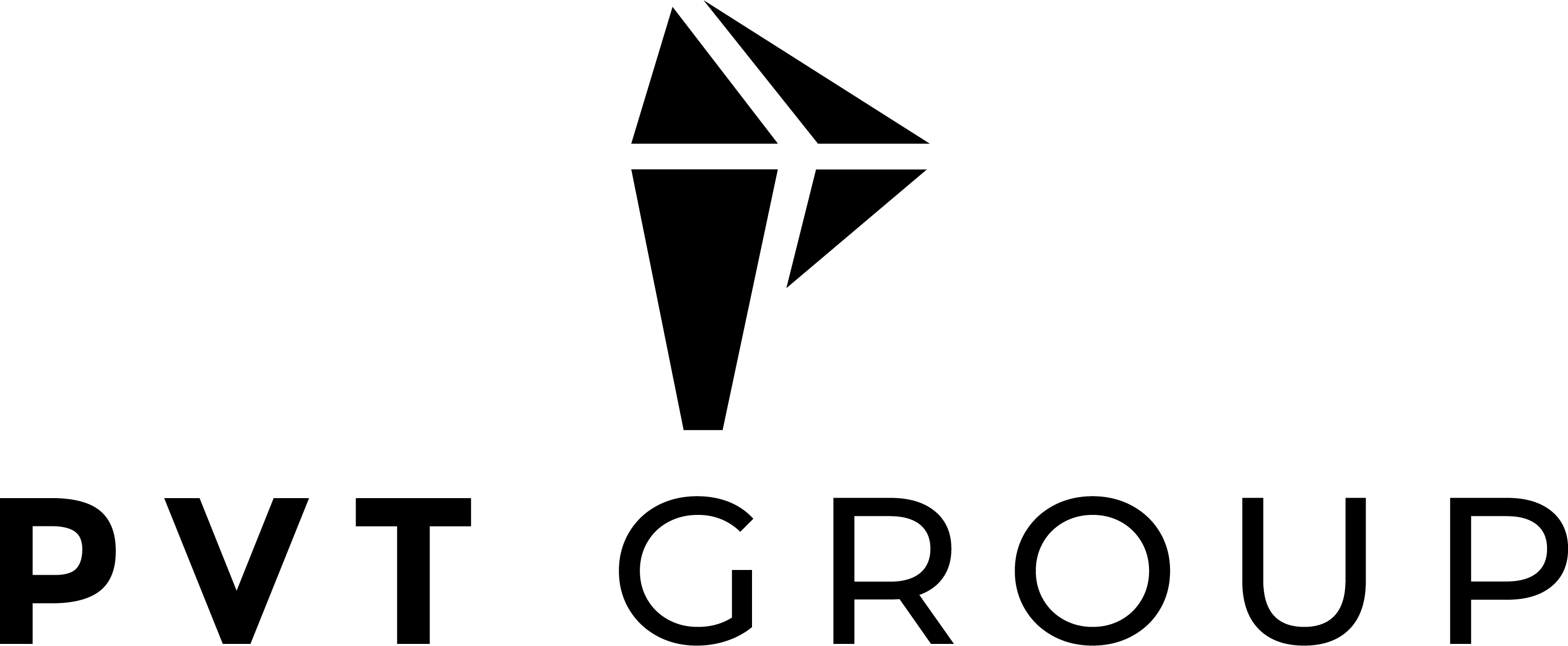VII: Dynasty
What happens when the architect of inequality begins to question the blueprint? From his corner office in the Whitaker Building, James Whitaker can see most of the city his family has built, developed, or financed over three generations. The arts district acquired after convenient rezoning. The riverfront condominiums purchased at bargain prices after a mysteriously selective flood. The sprawling mall built on land once occupied by modest family homes.
If you’d like to listen, simply press play. Otherwise, feel free to read the story below.
A Story Seed Studios Presentation by the PVT Group
____________________
The Whitaker Building stood twelve stories tall in downtown Riverdale, its gleaming glass façade reflecting the morning sun. From his corner office on the top floor, James Whitaker could see most of the city—much of which his family had built, developed, or financed over three generations.
He stood at the window, coffee cooling in his hand, surveying the cityscape. The new arts district to the east—Whitaker Development had acquired those properties after a convenient rezoning. The riverfront condominiums to the south—purchased at bargain prices after the flood that had mysteriously affected only certain neighborhoods. The sprawling mall on the west side—built on land once occupied by modest family homes until economic pressures and strategic code enforcement had driven residents out.
A lifetime of rationalization had made these maneuvers seem like simply “good business.” Until recently.
James turned from the window as his administrative assistant announced his father’s arrival. Robert Whitaker entered without knocking, his imposing frame filling the doorway. At seventy-eight, he had officially “retired” a decade ago, but his presence at Whitaker Development remained as commanding as ever.
“You’re meeting with the Chen woman again,” Robert stated, not bothering with pleasantries. It wasn’t a question.
James maintained a neutral expression. “Lin Chen has some interesting perspectives on community development.”
Robert’s face tightened with disapproval. “She’s part of the team that’s been dismantling half the power structure in this town. Harold Grayson is under house arrest. Margaret Chen is facing prison time. The whole network they built is crumbling, and you’re having coffee with one of the people responsible.”
“I’m aware of the situation, Dad.”
“Are you? Because your meetings with her have been noticed. The board is concerned. I’m concerned.” Robert moved to the window, gazing out at the city as his son had been doing moments earlier. “Three generations, James. My father started with nothing after the war. I expanded what he built. You’ve taken it further than either of us could have imagined. Don’t jeopardize that legacy now.”
James felt the familiar weight of his father’s expectations settle on his shoulders. The unspoken family code: nothing matters more than building and protecting the Whitaker dynasty.
“I’m exploring some new approaches to development,” James said carefully. “More inclusive models, community land trusts, affordable housing initiatives—”
Robert cut him off with a dismissive wave. “We already do more than our share. The Whitaker Foundation. The annual charity gala. That homeless shelter with our name on it. Pastor Williams practically genuflects whenever you walk into church.” He turned from the window to face his son directly. “That’s the arrangement that works. Public philanthropy, private profit. Don’t confuse the two.”
The conversation was interrupted by James’s phone ringing—his daughter Emma calling from college. Robert took this as his cue to leave, but paused at the door.
“Dinner on Sunday,” he reminded James. “Your mother’s expecting everyone. Emma too, if she can make it home from university.”
After his father left, James answered the call. “Hey, sweetheart. Everything okay?”
“Just checking if you met with Ms. Chen again,” Emma replied, her voice carrying the passionate intensity of a twenty-year-old discovering her purpose. “Did you show her the community land trust proposal I sent you?”
“I did,” James confirmed, smiling despite his lingering unease from his father’s visit. “She thought it had potential, especially for the Riverside district.”
“That’s where Grandpa bought all those properties after the flood, right?” Emma’s tone carried a note of accusation that James had become increasingly familiar with since she had begun her urban studies program.
“Yes,” he acknowledged, not offering more.
“The flood that somehow only affected the poorer side of the river? The one where the city’s response was mysteriously delayed?”
James closed his eyes briefly. “Emma…”
“I’ve been reading the historical accounts, Dad. And interviewing some of the displaced families for my thesis project. Their stories don’t match the official narrative.”
The discomfort James had been feeling for months intensified. Emma had always been perceptive, even as a child. Now, armed with education and righteous passion, she was asking questions that pierced through decades of carefully maintained family mythology.
“I’m trying to make changes, Emma,” he said quietly. “But it’s complicated. The board, the shareholders, your grandfather—”
I know, Dad. That’s why I’m proud of you for meeting with Ms. Chen. It’s a start.”
After the call ended, James sank into his chair, feeling the weight of contradictory pressures. His father representing the past, his daughter the future. Both pulling him in opposite directions while he stood in an increasingly uncomfortable present.
On his desk sat a folder containing the plans they had reviewed at the community center—the revised business model with allocated affordable housing, transparent practices, the reparation fund. Beside it lay a family photo from last Christmas: three generations of Whitakers gathered around the tree in the grand family home his grandfather had built in the prestigious Heights neighborhood.
The Heights. Another development with a history he had never questioned until recently. Emma had discovered that the prestigious neighborhood had originally been planned as integrated housing until the Whitaker Construction Company—his grandfather’s firm—had worked with city officials to implement restrictive covenants that effectively barred non-white residents.
His intercom buzzed. “Mr. Whitaker, Reverend Williams is here for your eleven o’clock.”
James straightened his tie and composed his expression. The pastor of the city’s largest church was a longtime ally of the Whitaker family. His support had been particularly valuable when community groups had opposed the demolition of historic buildings for the West Side Development.
“James!” Reverend Williams greeted him effusively, striding into the office with hand extended. “Wonderful news about the youth center donation. The board was thrilled.”
They settled into the comfortable seating area, where James had arranged for coffee and pastries.
“We’re planning a special recognition at next month’s service,” the pastor continued. “The Whitaker Family Wing has such a nice ring to it, don’t you think?”
James nodded automatically, the practiced smile of corporate philanthropy firmly in place. This was the dance he knew well—donations given, recognition received, influence maintained, questions avoided.
“Actually, Reverend, I wanted to discuss something else with you today,” James said, surprising himself with the direction he was taking. “I’ve been thinking about the affordable housing crisis in our city. The church owns several parcels of land that are currently underutilized…”
The pastor’s expression shifted subtly, the warmth cooling by degrees. “We have plans for those properties, James. Long-term investment for the church’s financial security.”
“Of course,” James nodded. “But what if there was a way to develop them that served both purposes? Providing needed housing while still generating revenue for the church?”
For the next half hour, James outlined concepts he had discussed with Lin Chen—community benefit agreements, mixed-income developments, equity-building rental programs. Ideas that challenged the profit-maximizing model that had been the foundation of Whitaker Development’s success.
By the end of the meeting, Reverend Williams’s enthusiasm had noticeably diminished. His parting handshake was perfunctory, his promise to “pray about these ideas” clearly a polite dismissal.
Alone again, James turned back to the window, viewing the city with increasingly different eyes. Where once he had seen the monuments to Whitaker success, he now saw the patterns of inequity built into the very infrastructure—who had access to riverfront views, which neighborhoods had parks and which had industrial zones, how highway placements had isolated certain communities.
His phone rang again—his executive assistant reminding him of the board meeting in thirty minutes. He would need to present the quarterly projections, reassure the shareholders that Whitaker Development remained focused on maximum returns, maintain the façade that had become increasingly difficult to wear.
The rich young ruler. That’s how Lin Chen had compared him to the biblical figure—someone who followed all the rules of conventional success but sensed something essential missing. The comparison had struck uncomfortably close to home.
He gathered his materials for the board meeting, including the folder containing the alternative development models. He wasn’t naive enough to think he could transform Whitaker Development overnight. Three generations of business practices, relationships, and expectations created a powerful inertia. His father’s disapproval, the board’s resistance, Reverend Williams’s cooled enthusiasm—all predictable responses to any threat to the status quo.
But Emma’s voice remained in his mind, along with Lin Chen’s quiet questions that somehow cut through his well-constructed justifications. The electrical metaphor she had shared from her mother—about how ethical compromises created breaks in the connection, dimming the light—had resonated more deeply than he cared to admit.
As he walked toward the boardroom, James Whitaker felt the weight of his family name on his shoulders—both the privilege it conferred and the expectations it imposed. The path of least resistance would be to continue as before: public philanthropy, private profit, looking away when necessary, maintaining the separation between personal values and business practices.
But for the first time in his fifty-two years, that path no longer seemed inevitable. Alternative possibilities had emerged—faint outlines of a different way forward that would undoubtedly cost him something significant, perhaps everything his family had built.
The board members were already seated when he arrived, their expressions expectant, their interests aligned with the Whitaker way of doing business. James placed his materials on the table, including both the traditional quarterly report and the folder containing the alternative proposals.
Which would he present today? The moment of decision had arrived, though its consequences would unfold for years to come. The Whitaker legacy hung in the balance—not just what they had built, but how they had built it. Not just what they owned, but what had owned them.
James opened a folder and began to speak.
Disclaimer: This is a work of fiction. Any resemblance to actual persons, insects, or cats, living or dead, is purely coincidental.





